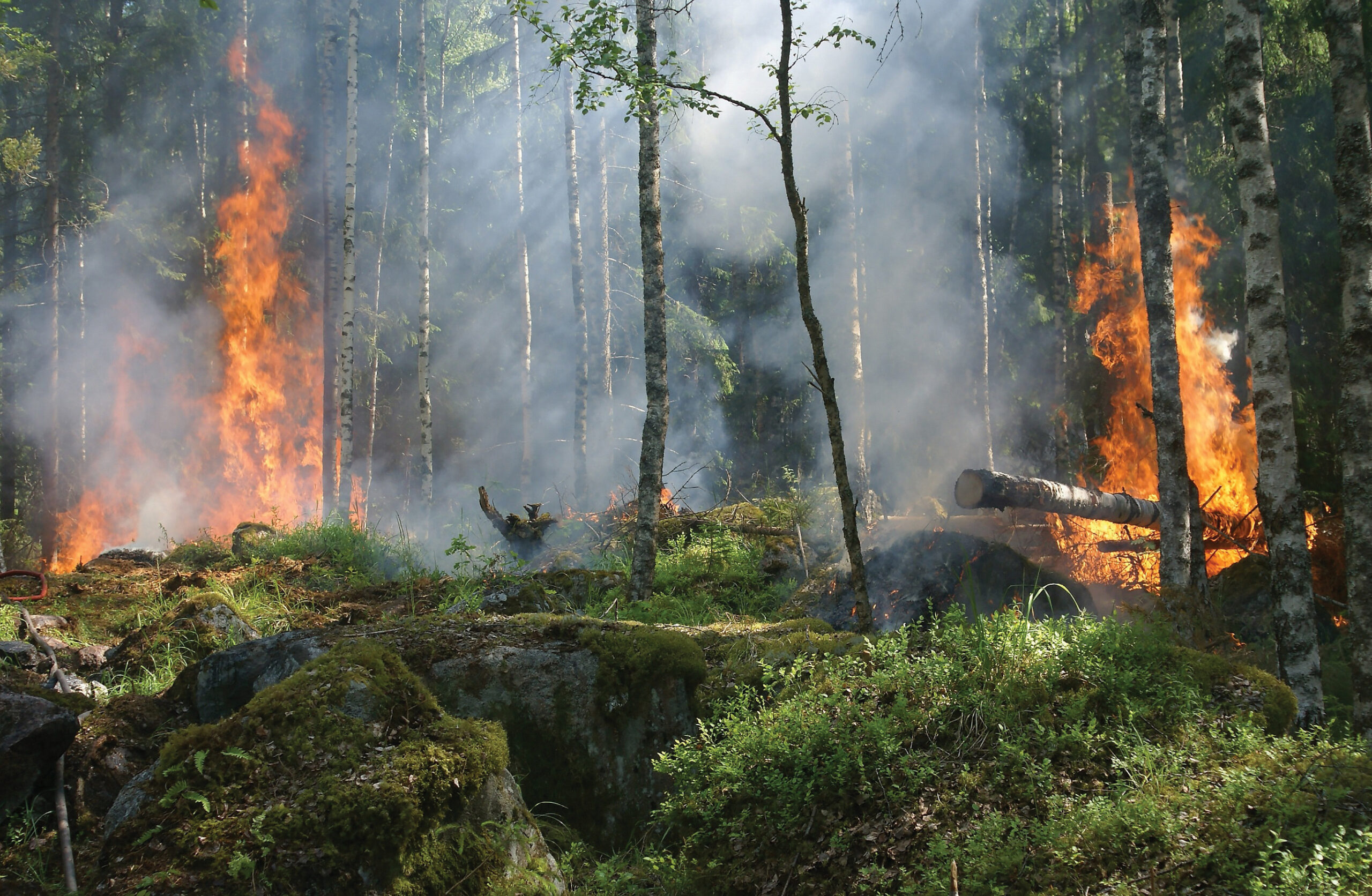
The threat of wildfire season is not something California residents are unfamiliar with, but it’s certainly become even more worrisome as the state has undergone its second driest year on record. California already experiences extensive wildfire seasons due to the effects of climate change, but drawn-out dry spells are expected to continue until summer. This will mean that fuel moisture levels are significantly lower and therefore sparking a greater possibility of wildfires. It’s a shock that the new Office of Energy Infrastructure Safety and the Public Utilities Commission have failed to hold utility companies accountable for their slow progress on anti-wildfire safety measures.
A report released by the Office of the Acting State Auditor, Micheal Tilden, to the California Legislature concludes that the Office of Energy Infrastructure Safety approved deficient wildfire prevention plans of utilities companies. It stated that the plans contained “Class-A deficiencies,” which are the most dangerous and leave people vulnerable to wildfires and blackouts. Among these approved plans was those by Pacific Gas & Electric, whose equipment caused the Camp Fire in 2018 that had a casualty count of 85. The energy office released a statement disagreeing with the audit and claiming that their intent was to incentivize companies to engage in safety measures
The report was also a scathing review slamming the Public Utilities Commission for their failure to enforce or punish violations of necessary safety measures. Specifically, it said the commission “does not use its authority to penalize utilities when its audits uncover violations.” In the PUC’s favor, they responded by publicly announcing that they would work towards putting the suggestions made in the report despite the fact that the audit technically has no authority other than to inform.
The truly concerning part of this revelation is not that the utility companies themselves are not doing enough on their own or that they have deprioritized wildfire safety measures. Utility companies are just that: companies. They do what is economically smart over the costly implementation of wildfire safety measures. That comes as no surprise. What is truly reprehensible is the active choice of the Office of Energy Infrastructure Safety to blatantly disregard the very imminent threat of wildfires on humans. They approved plans by ignoring deficiencies and that the safety projects were “targeting the highest-risk portions of the electrical grid,” according to the report. It’s not simply that the energy office is experiencing bureaucratic issues or that small, inconsequential mistakes are being made. There was a purposeful decision not to consider safety. There was negligence.
Wildfires are not an abstract threat with minimal to no consequences. They can directly affect the livelihoods and safety of California inhabitants. In fact, power lines have been responsible for 20 of California’s most destructive wildfires since 2015. Tilden’s report revealed a failure on the part of the utilities companies, the Office of Energy Infrastructure Safety and the Public Utilities Commission to protect Californians. There have been demands to overhaul and investigate the PUC for their lack of action, and this type of action is not unfounded even with the PUC’s statement in favor of the report. With something that affects Californians in such a widespread manner, holding these organizations accountable is long overdue.







